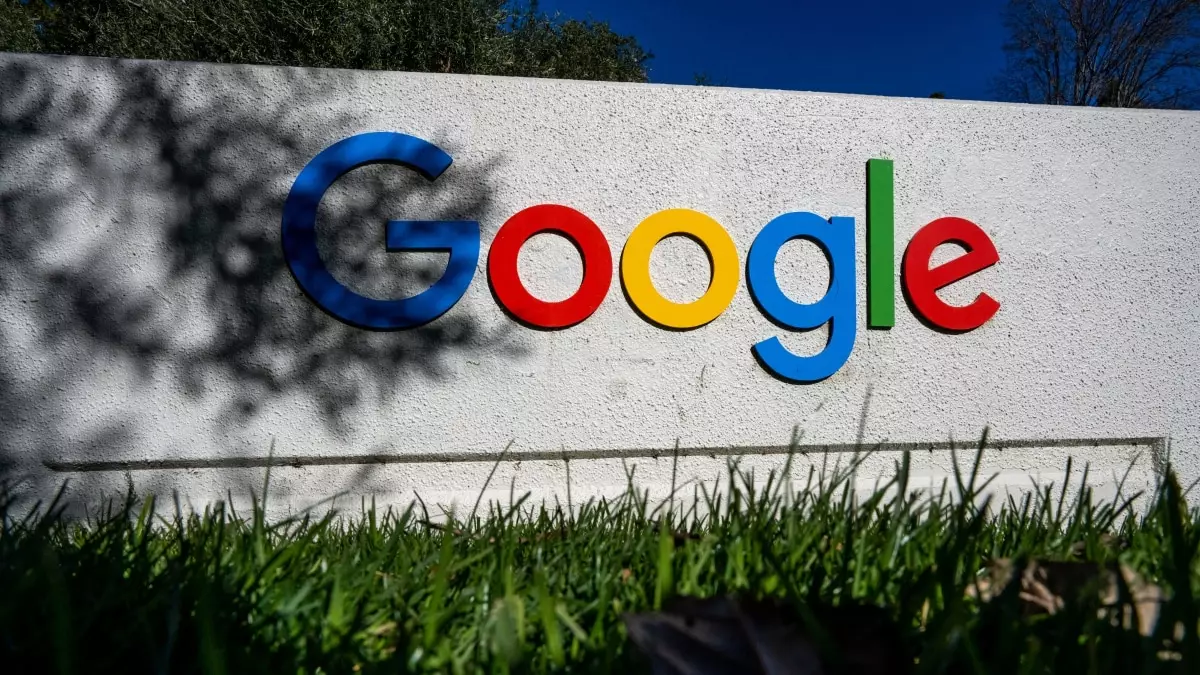In an age where artificial intelligence (AI) commands every boardroom discussion, Sundar Pichai’s affirmation at the Bloomberg Tech conference that Alphabet Inc. will continue to boost its engineering workforce until at least 2026 is not merely a corporate strategy; it’s a profound declaration of belief in human intellect. As we witness competitors like Microsoft slashing jobs to reallocate financial resources into AI, Google’s stance appears almost contrarian. The pristine narrative of relentless innovation must be tempered with the human factor, serving as a reminder that while technology surges ahead, it does not negate the necessity for dedicated human minds steering the ship.
The message is clear: Google recognizes that the complexity of AI necessitates human oversight. Machines, regardless of their computational prowess, can’t fully embody the nuance of human intuition and creativity. Pichai’s emphasis on enriching productivity rather than outright displacement speaks volumes about the company’s vision—one that seeks to harmonize human input with machine efficiency to unlock unprecedented potential.
Yet, the tension surrounding job security is hardly a trivial concern. The creeping specter of AI usurping human roles generates anxiety among the workforce and the general populace. Tech’s relentless pursuit to automate processes, while indeed promising significant gains in efficiency, also risks leaving hordes of workers in the dust, fueling a narrative of disenfranchisement. It’s essential that companies like Google navigate this landscape with compassion and strategic foresight. Blindly charging toward a purely automated future without addressing the consequences could lead to societal backlash and increased distrust in technology, potentially stifling innovation in the long run.
The Allure and Limitations of AI
In a world increasingly enmeshed with technology, Pichai’s candor regarding AI’s current limitations is refreshingly accurate. His observation that AI, despite its remarkable capabilities in areas such as coding, still succumbs to basic errors must resonate strongly among those who eagerly await the dawn of artificial general intelligence (AGI). The allure of AGI is tantalizing, with promises of AI systems that can reason, solve problems, and learn from experiences like humans. However, asserting that we are ‘on an absolute path’ toward this pinnacle of technology is dangerously presumptive.
The aspiration for AGI invites a broader discourse on the ethical implications of development in AI. As researchers and corporations race to push the boundaries, we must continually ask ourselves important questions: Who is the beneficiary of this incredible power? What measures are in place to prevent misuse? Pichai’s thoughtful caution serves as a necessary counterbalance to the overly optimistic proclamations that often dominate discussions surrounding AI advancement.
Importantly, the integration of AI into platforms like Google’s search engine raises further questions about the fate of content creators. Publishers have astutely pointed out that AI-generated answers siphon off organic traffic, threatening their survival. Pichai insists on Google’s commitment to human-curated content and quality traffic; thus, the challenge lies in reconciling the efficiency of AI with the economic vitality of the very industries that sustain it.
The Shift in Silicon Valley’s Ethos
In a fascinating turn, Meta Platforms Inc. has highlighted a cultural pivot in Silicon Valley, now embracing a partnership with military contractors to develop advanced technology for defense applications. This shift reflects an evolving ethos where technology companies are becoming more aligned with national interests, contrasting sharply with the skeptics who believe in pure technological neutrality. Andrew Bosworth’s proclamation about a strengthened patriotic sentiment illustrates how Silicon Valley’s identity is changing in response to external societal pressures.
There’s a fine line between harnessing technology for the greater good and slipping into complicity with militaristic ambitions. The partnership with Anduril Industries to create AI-infused military equipment invites scrutiny about the moral implications of technology and how it could be wielded. This conundrum intensifies the call for ethical frameworks in technology development, ensuring innovations in AI bolster humanity rather than serve as tools for conflict.
The landscape drawn by Pichai and Bosworth encapsulates the dual aspects of progress: a race toward technological superiority must be balanced with clarity of purpose and respect for its broader social ramifications. Ultimately, both companies must tread carefully to balance their dual identities as engines of progress and stewards of societal trust. The world is watching closely, and the implications of their actions will ripple through society for years to come.


Leave a Reply